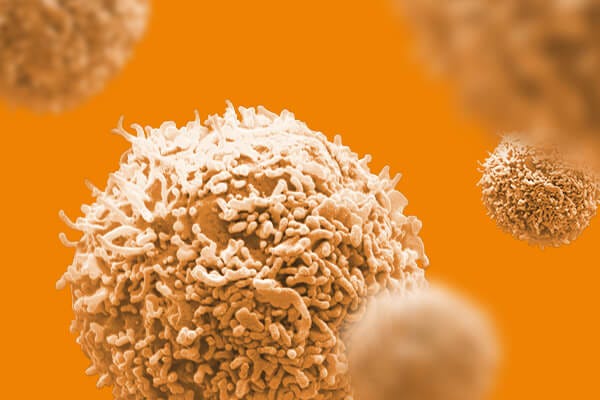Conventionally,mesenchymal stem cells (MSC) are generated by plating cells from bone marrow (BM) or other sources into culture flasks and selecting plastic-adherent cells with fibroblastoid morphology. These cells express CD9,CD10,CD13,CD73,CD105,CD166,and other markers but show only a weak or no expression of the embryonic markers stage-specific embryonic antigen-4 (SSEA-4),Oct-4 and nanog-3. Using a novel protocol we prepared MSC from BM and non-amniotic placenta (PL) by culture of Ficoll-selected cells in gelatin-coated flasks in the presence of a serum-free,basic fibroblast growth factor (b-FGF)-containing medium that was originally designed for the expansion of human embryonic stem cells (ESC). MSC generated in gelatin-coated flasks in the presence of ESC medium revealed a four-to fivefold higher proliferation rate than conventionally prepared MSC which were grown in uncoated flasks in serum-containing medium. In contrast,the colony forming unit fibroblast number was only 1.5- to twofold increased in PL-MSC and not affected in BM-MSC. PL-MSC grown in ESC medium showed an increased surface expression of SSEA-4 and frizzled-9 (FZD-9),an increased Oct-4 and nestin mRNA expression,and an induced expression of nanog-3. BM-MSC showed an induced expression of FZD-9,nanog-3,and Oct-4. In contrast to PL-MSC,only BM-MSC expressed the MSC-specific W8B2 antigen. When cultured under appropriate conditions,these MSC gave rise to functional adipocytes and osteoblast-like cells (mesoderm),glucagon and insulin expressing pancreatic-like cells (endoderm),as well as cells expressing the neuronal markers neuron-specific enolase,glutamic acid decarboxylase-67 (GAD),or class III beta-tubulin,and the astrocyte marker glial fibrillary acidic protein (ectoderm). In conclusion,using a novel protocol we demonstrate that adult BM-and neonatal PL-derived MSC can be induced to express high levels of FZD-9,Oct-4,nanog-3,and nestin and are able of multi-lineage differentiation.
View Publication


 EasySep™小鼠TIL(CD45)正选试剂盒
EasySep™小鼠TIL(CD45)正选试剂盒





 沪公网安备31010102008431号
沪公网安备31010102008431号